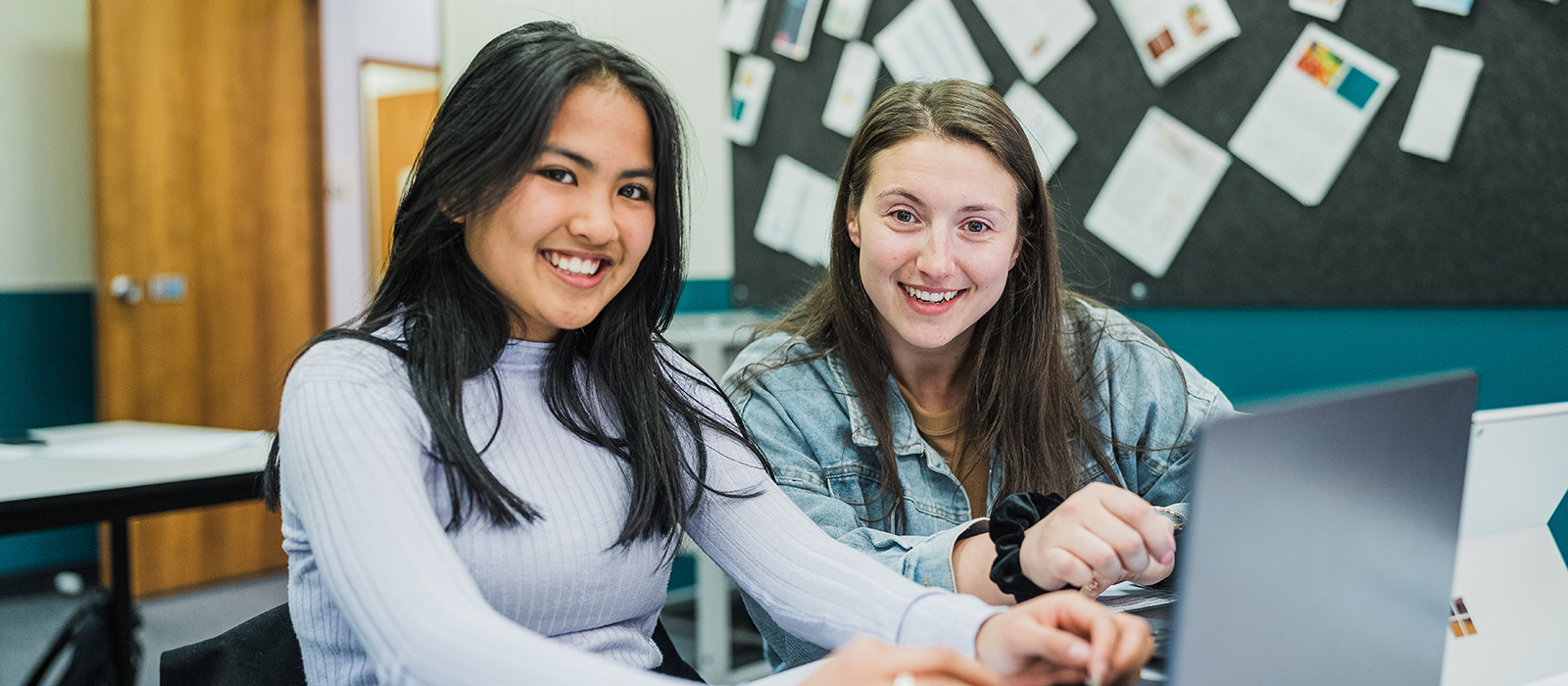
There’s no right or wrong, only opportunities to learn
It’s goodbye Year 10 and hello Year 11. Time to start thinking about how you can set yourself up for life after Year 12. If you’re not sure, don’t stress. It’s a matter of working through all your options and trying different things. Be sure to talk to people like Career Advisors about your options (and there’s ALWAYS options).
Must Knows
Now is a good time to think about life after Year 12.
But what do you really need to know?
Here’s some lingo you’ll need to be across in Year 11
You’ll hear these acronyms a lot, try and get a handle on them now.
The Tasmanian Certificate of Education (TCE)
The TCE is the qualification you’ll get in Year 11 and 12 when you finish school in Tassie. Check out the TCE explainer video.
The Tasmanian Certificate of Educational Achievement (TCEA)
The TCEA is a certificate you can achieve if you’re unable to get the TCE qualification. You’ll find heaps of useful info on the TCEA by watching the TCEA explainer video.
The Australian Tertiary Admission Rank (ATAR)
This is a ranking system to help you get into uni (although, it’s not the only way!). You should research the ATAR required for the uni courses you are interested in. Check out the ATAR explainer video. There may be other entrance requirements for certain uni courses as well.
Vocational Education and Training (VET)
This is nothing to do with being a vet! It’s a type of learning that is very much ‘hands on’ with an industry focus. Find out more with the VET explainer video.
What are the career pathway options and support for young people with disabilities?
Deciding on a career path in high school is a serious challenge for any student. It’s exactly the same for students who may have a disability – why wouldn’t it be? Perhaps you have no idea what you’d like to do after you leave school. Or you might be having doubts about yourself and how your disability will affect your employment, and that’s ok. Just remember, the sooner you start thinking about your career options, and the pathways that can help you get there, the better. Let’s get started!
What support and resources are available for Aboriginal and Torres Strait Islander students?
If you’re an Aboriginal or Torres Strait Islander student moving from Year 10 into Year 11 and 12 or other pathways, we’ve collected some information to help you explore your options or support the path you’re on. waranta tapilti – let’s go!
Did you know there are a raft of community services available to help you?
Depending on the support you need there are services designed to give a helping hand. They range from accommodation, mental health support and disability support to name a few. Visit the Communities Tasmania website to find out more.
Want to earn while you learn? Find out about apprenticeships and traineeships
Apprenticeships and traineeships are training opportunities with an employer. They could last between 12 months to 4 years with an employer. Apprenticeships tend to cover skilled trades i.e. plumbers, electricians, carpenters, etcetera. A traineeship can cover a broader range of occupations i.e. office administration, IT, retail. They’re run either part-time or full-time. Find out from the Fair Work website what the difference between an apprenticeships and traineeship is.
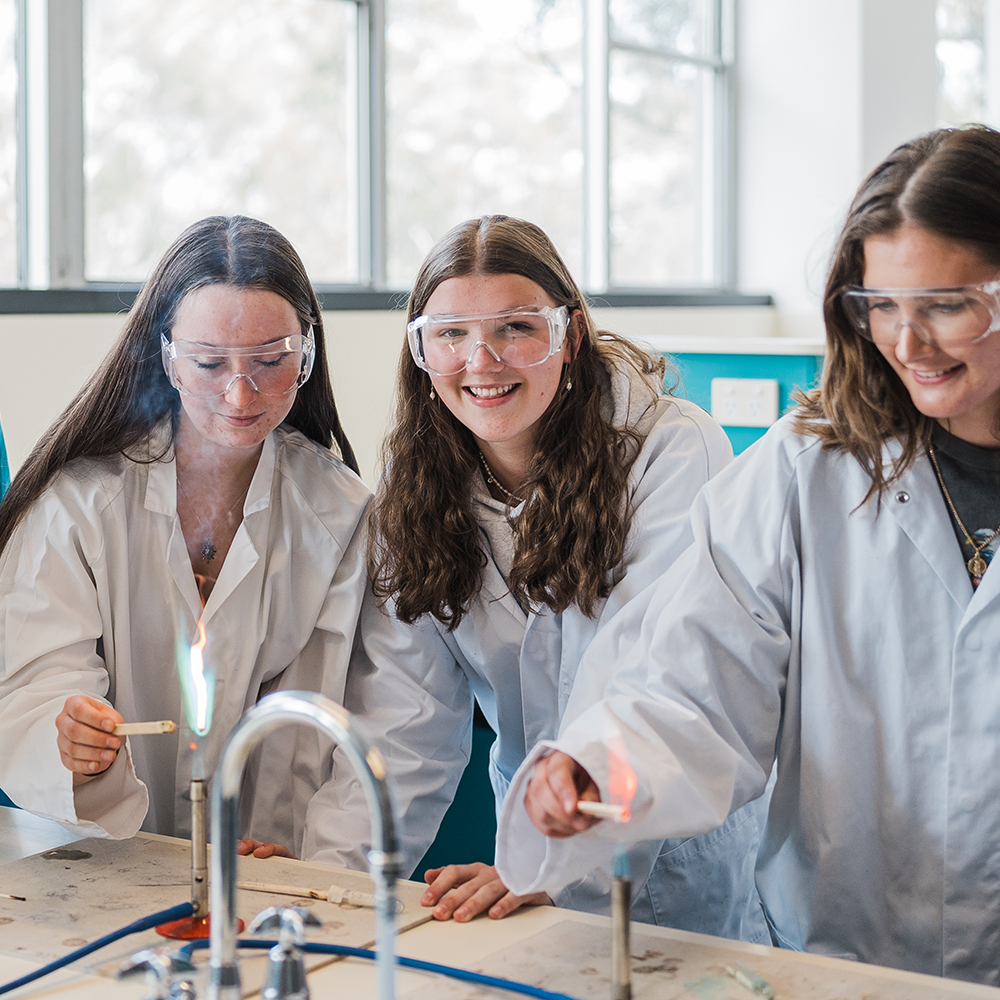
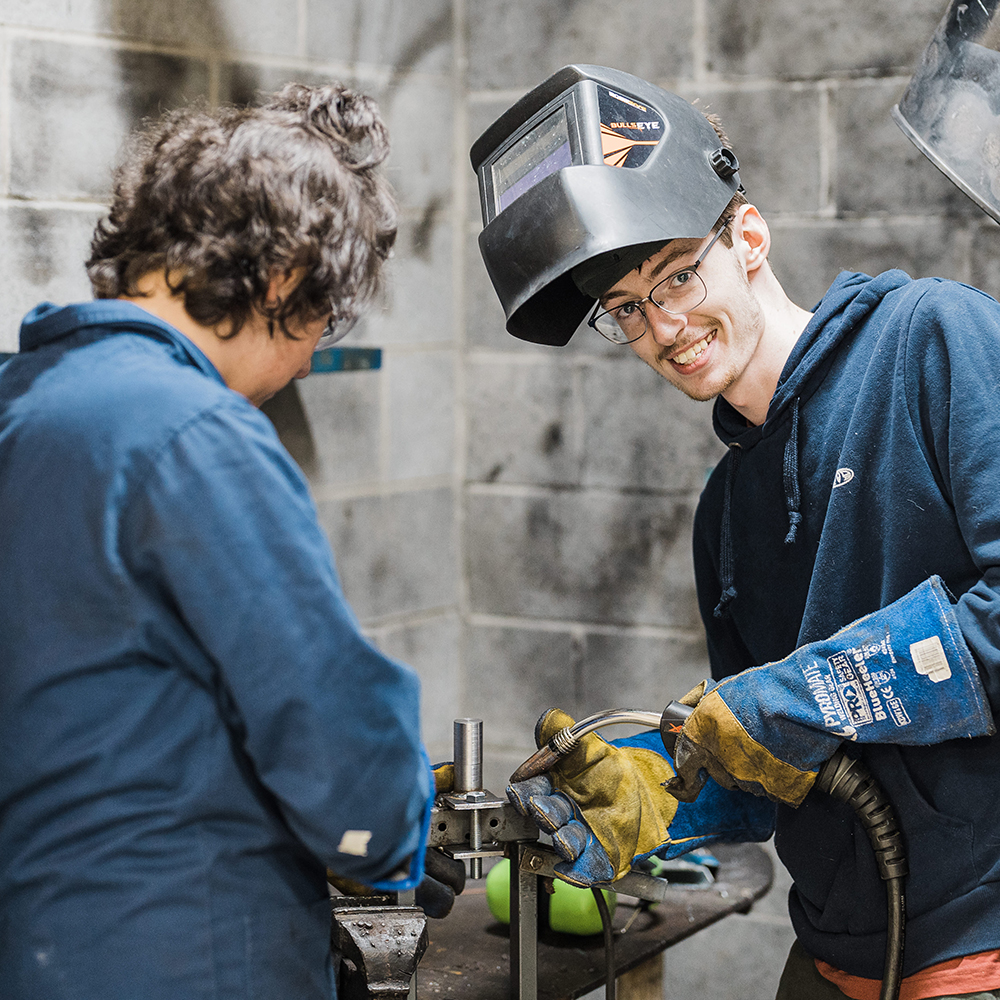
Want to gain workplace experience and training while you finish school?
There are some apprenticeships and traineeships options where you can get paid! It’s where you spend a few days at school and a few days employed and training during the week. It might be an option for you in Years 10 or 11. Find out how Australian School based Apprenticeships are the smart way to ‘earn and learn’.
Want to know where you can access industry-standard training facilities?
Trade Training Centres (TTC) are purpose-built facilities where accredited training takes place. Access to TTC is available to school students around Tassie. Find out more info on TTC’s.
Thinking of doing any training courses? You’ll need a USI number
USI stands for ‘Unique Student Identifier’. It’s a reference number you’ll need if you end up doing any training courses in the future i.e. like First Aid, Responsible Service of Alcohol, Barista or any VET course. Find out how they work and how to get a USI number.
When you get a job you’ll need to get a tax file number
If you want a casual job then you’ll need to pay tax to the government on what you earn (sorry ‘bout that). This means you’ll need your very own tax file number (TFN) which is like a reference number so they can tax you. Get some useful info on what a tax file number is.
Must Do’s
Super important ‘must do’, seriously no excuses, Year 11 stuff
Are you in an existing apprenticeship or traineeship?
If so, that’s awesome. But don’t forget to discuss with your employer next year’s work and school schedule. The more you can plan ahead the easier it will be for you to manage. You might also want to give some thought for what life might be like once you get your qualification.
Time to set up a bank account
You’re going to need somewhere to put all the money you’re earning, which is why setting up a bank account is a great idea. Chat to your parents/carers about what type of bank account you should have. Research together which is the best bank for you to open an account with.
Get your L’s and get behind the wheel
As soon as you hit 16 years of age, you can apply for a learners licence in Tassie. Then you’ll need to find someone brave enough to sit in the passenger seat while you learn to drive. Find out about getting your learners license.
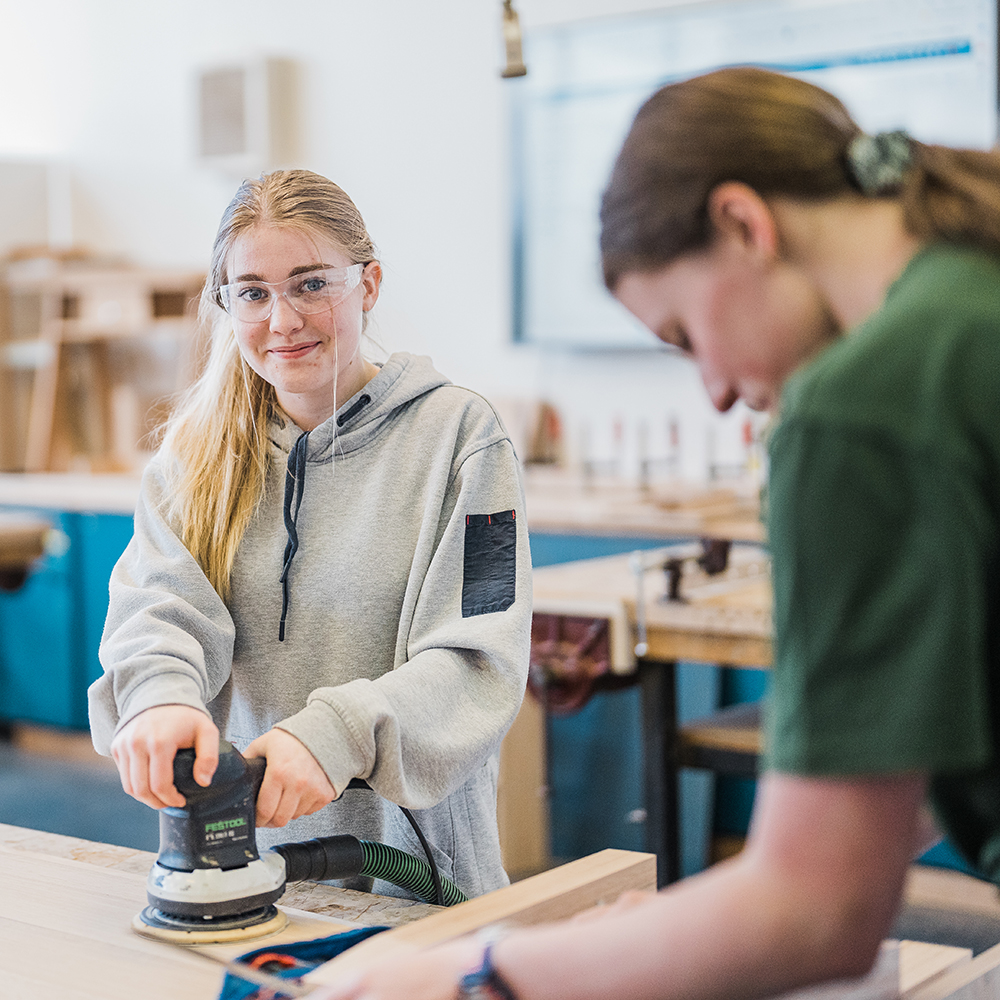
Start Exploring
Here’s stuff you can explore to figure out what occupations and courses would be a great fit for your skills and passions

Want to be job ready? Apprenticeships and traineeships could be an option
Find out what apprenticeships and traineeships are. You can do them during school or after Year 12, or it could be an option to do whilst working towards your ATAR. Find out from the Fair Work website what apprenticeships and traineeships are.
If you’re thinking of going to uni after Year 12 get the low down on this
Now’s a good time to be looking at what scholarships are about and the uni enrolment process. Be sure to check out the Good Universities Guide. It shows uni ratings, courses on offer, open day events, scholarship listings and much more.
Test your occupation or course ideas via work exposure events
Attend as many ‘work exposure’ events as possible. It’ll be great for a taste of what you can expect in a chosen job, industry or course. A bit like a ‘try before you buy’, these events help you test any ideas you have, so keep an open mind. Chances are you might discover something that is bang on for you (and if not, then keep trying). Find out more on work exposure events. To see what’s coming up in the next few months in Tassie check out our calendar of events.
Try work experience
Try doing work experience to learn what an occupation, industry or business is like to work in. Hopefully it ticks all the right boxes, but if not, then it’s better to find out sooner rather than later. Chat to a Teacher or Career Advisor to find out how this can be arranged.
Visit uni and TAFE open days
If you’re thinking about going to uni or TAFE after Year 12, check out the Open Day events they have. Informative and friendly, these days show what courses are on offer and what life is like. See TasTAFE events or UTAS events.
Get job ready
Here’s a few options that can make a big difference to your chances of landing your dream job, if you’re willing to put in the effort.
Look into short courses, they can help you skill stack
You can start learning a bunch of different skills that build on your ‘employability’. That’s a fancy way to impress employers that you have a stack of relevant and transferable skills. Short courses range from First Aid, White Card, Responsible Serving of Alcohol (RSA), a Barista Certificate and loads more. To see what’s on offer check out TasTAFE short courses
Give back to your community and volunteer
Volunteering is a top way to give something positive to your local community. It’s a good opportunity for you to see what different workplaces and jobs are like. It helps you to develop new skills and meet new people. And it looks pretty impressive on your CV, just quietly. See what sort of opportunities there are at Volunteer Tasmania.
Get interview-confident and practise
Like anything, practise makes perfect. To give yourself the best chance of landing a job, you need to nail the interview. Read about how to prep to have a confident interview.
Could you be an entrepreneur?
Do you like the idea of calling the shots and running your own business? Research government funding and mentor programs that are available. And check out the Business.gov.au website and read this guide to starting a business.
Learn to write a CV/Resume and cover letter
Almost every job out there requires you to submit an application. See these handy guides on how to write a CV , and what to say in a cover letter.
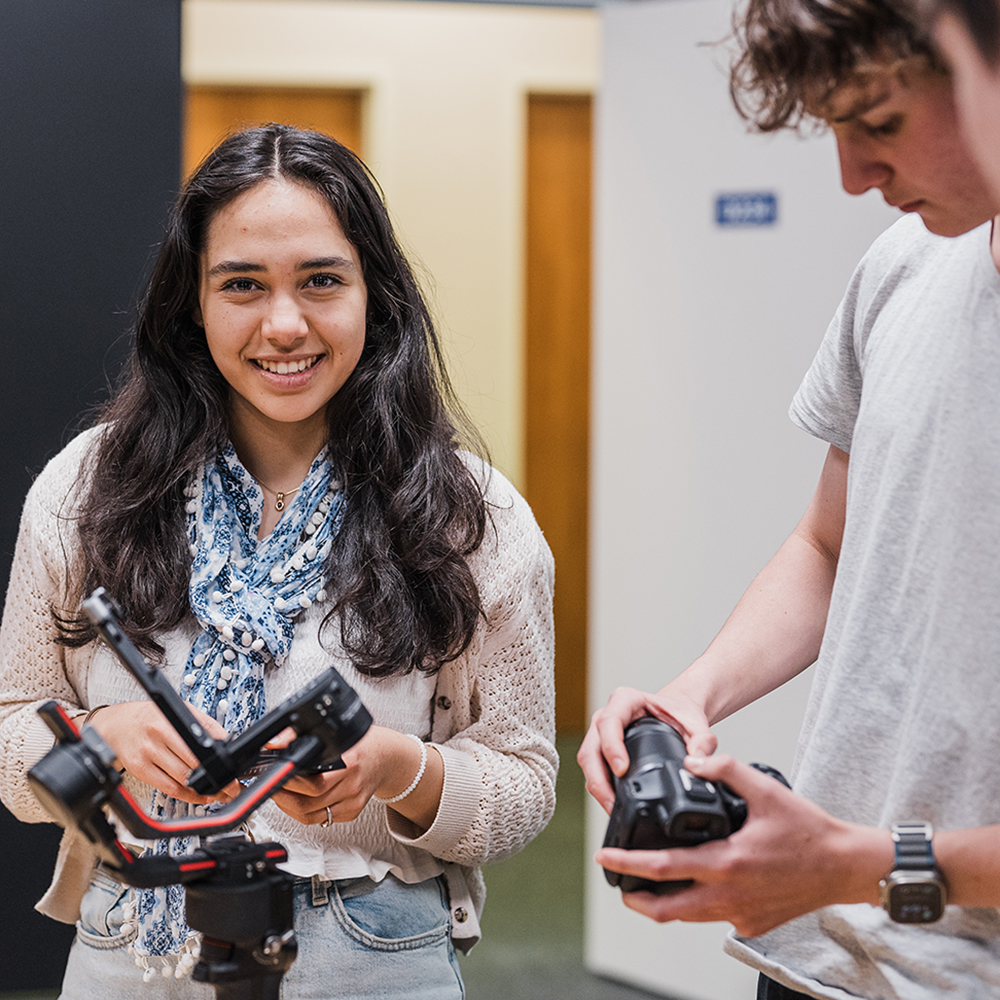
Key takeaway
Use this year to work out what you’re doing after Year 12. Go through all your options for the amazing life and career that’s ahead of you.
